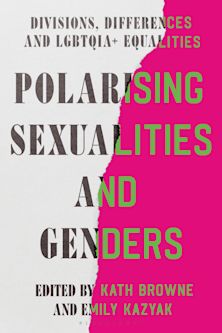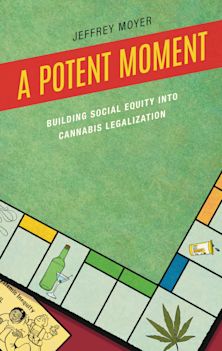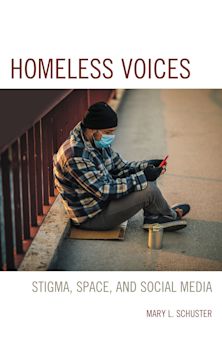This product is usually dispatched within 3 days
- Delivery and returns info
-
Free US delivery on orders $35 or over
Description
Poverty is a serious problem in the United States, more so than commonly imagined, and more so than in other industrialized nations. Most Americans adhere to an individualistic perspective: they believe poverty is largely the result of people being deficient in intelligence, determination, education, and other personal traits. Poverty and Power, Fourth Edition challenges this viewpoint, arguing that poverty arises from the workings of four key structural systems—the economic, the political, the cultural, and the social—and ten obstacles to economic justice, including unaffordable housing, inaccessible health care, and racial and gender discrimination. The author argues that a renewed war on poverty can be successful, but only through a popular movement to bring about significant change in the workings of American economic, political, and cultural institutions.
New to this Edition
Enhanced conversation on why the cultural theory of poverty has such a strong appeal to the American public develops students’ critical thinking skills (Chapter 3) New segment on the influence of job seekers’ physical appearance on hiring decisions showing that success is not simply a matter of education, skills, and training (Chapter 4)New data on the “job availability problem” explains in detail why the monthly headline unemployment number is misleading, and new content on the 2021 upsurge of quits on the part of American workers portrays efforts on the part of ordinary people to improve their lives (Chapter 5)New content on how corporations have become increasingly assertive political players explores the dramatic increase in corporate lobbying efforts, the rise of billionaire political activists, and the creation of a powerful conservative political infrastructure in the United States (Chapter 6)Greater attention to racially segregated and resource-deprived Black communities covers the extraordinary hardships experienced by the residents of these areas, while a new section on the geographical isolation of the affluent discusses how isolation affects wealthy people’s beliefs and perceptions about poverty and what policies they deem acceptable (Chapter 8)
Table of Contents
Acknowledgments
Preface
1. Poverty as a Social Problem
Part I: Individualistic Theories of Poverty and Inequality
2. The Biogenetic Theory of Poverty and Inequality
3. The Cultural Theory of Poverty and Inequality
4. The Human Capital Theory of Poverty and Inequality
Part II: A Structural Perspective on Poverty—Four Systems
5. The Economic System and Poverty
6. The Political System and Poverty
7. The Cultural System and Poverty
8. The Social System and Poverty
Part III: A Structural Perspective on Poverty—Ten Obstacles
9. Structural Obstacles and the Persistence of Poverty (Part I)
10. Structural Obstacles and the Persistence of Poverty (Part II)
11. Conclusion
Appendix 1
Appendix 2
Notes
Selected Bibliography
Index
About the Author
Product details
| Published | Jun 09 2022 |
|---|---|
| Format | Paperback |
| Edition | 4th |
| Extent | 308 |
| ISBN | 9781538167564 |
| Imprint | Rowman & Littlefield |
| Illustrations | 1 table |
| Dimensions | 10 x 7 inches |
| Publisher | Bloomsbury Publishing |



































